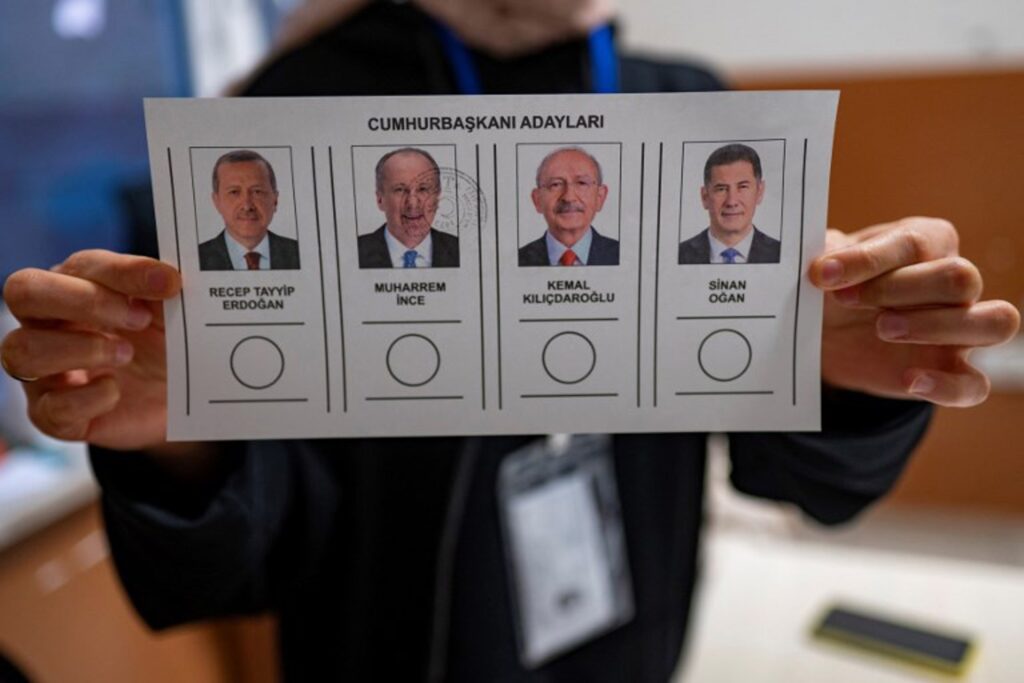International observers have indicated shortcomings and irregularities in the Turkish presidential and parliamentary elections on Sunday.
The joint observation mission from the OSCE Office for Democratic Institutions and Human Rights (ODIHR), the OSCE Parliamentary Assembly (OSCE PA), and the Parliamentary Assembly of the Council of Europe (PACE) found that the legal framework does not fully provide a basis for holding democratic elections. In total 401 observers from 40 countries were deployed during the elections.
Almost 61 million voters were registered to vote in the country as well as 3.5 million abroad. Voter turnout was very high, close to 90 %. Election took place against the background of this year’s devastating earthquakes.
Some limited steps were taken by the authorities to enable those affected by the earthquakes to participate in the elections, but despite these and additional efforts by civil society and political parties, a high number of these voters faced difficulties in voting.
In a press release on Monday, the observers summarized “that the elections were well-managed and offered voters a choice between genuine political alternatives, but the current president and the ruling parties enjoyed an unjustified advantage”.
The misuse of public resources in some cases as well as announcements of significant social benefit programmes provided undue advantage to those in power, and blurred the line between party and state.
Continued restrictions on fundamental freedoms of assembly, association and expression hindered the participation of some opposition politicians and parties, as well as civil society and independent media.
“Turkish democracy is proving to be amazingly resilient. This election had a high turnout and offered a real choice. However, Turkey does not fulfil the basic principles for holding a democratic election,” said Frank Schwabe, head of the PACE delegation.
“Key political and social figures are in prison even after judgments of the European Court of Human Rights, media freedom is severely restricted and there is a climate of self-censorship. Turkey is a long way from creating fair election campaign conditions.”
“Voters had a genuine choice to make on election day, and the high turnout was a good illustration of the democratic spirit of the people of Turkey,” said Ambassador Jan Petersen, who heads the ODIHR election observation mission. “However, I regret to note that the election administration’s work was lacking in transparency.”
“Despite the promising opportunity for choice presented in these elections, there were significant challenges for citizens to exercise the right to vote, and unfortunately, women were underrepresented as candidates,” said Farah Karimi, head of the OSCE PA delegation.
A 23-pages statement on preliminary findings and conclusions stopped short of assessing whether the elections were free and fair.
Despite the opinion polls before the elections and the bad shape of the Turkish economy, incumbent president, Recep Tayyip Erdogan, received 49.5 % of the votes against 44.9% for the main opponent Kemal Kilicdaroglu. As both failed to reach the 50% threshold, a second round will take place on 28 May.

